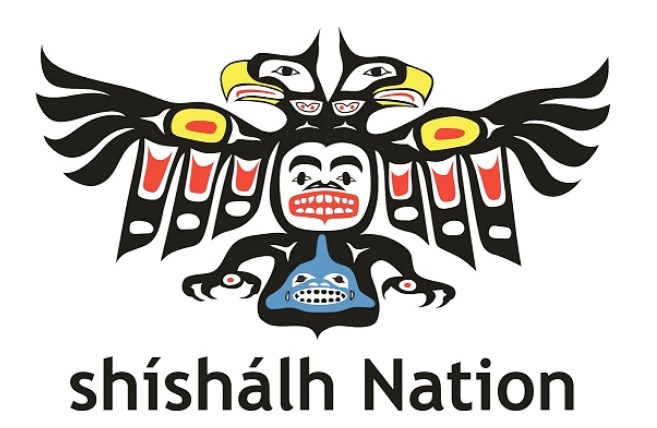Amendments to shíshálh Nation’s constitution have been formalized into electoral law, paving the way for Nation members to run for office and vote in the Nation’s upcoming election, regardless of where they live.
“It’s going to be exciting,” said shíshálh Nation Chief Warren Paull. “It’s a long time coming and it’s long overdue.”
The order-in-council was made on the recommendation of Carolyn Bennett, Minister of Crown-Indigenous Relations, and took legal effect after being signed by Gov. Gen. Julie Payette in August.
There are approximately 1,400 registered Nation members – about half of whom don’t live on lands within shíshálh’s swiya [territory] and haven’t been eligible to vote until now.
Paull said the “lion’s share” of those non-resident members live in Vancouver but it’s unclear how many will vote, since it’s up to them to register. It’s equally uncertain whether or even how a larger and more geographically diverse electorate could affect the outcome of the election, scheduled for February.
“People are still trying to figure that part out,” said Paull. “I’m just as curious as anybody to see how this pans out.”
Prior to the change, only Nation members living on shíshálh Nation territorywere eligible to vote in shíshálh Nation elections and referenda and run for office. The change was required for the Nation to be in compliance with voting equality rights laid out in the Canadian Charter of Rights and Freedoms. Most Nations with a modern treaty in B.C. are compliant.
A referendum was held in May, with those in favour of the change narrowly outvoting those opposed 84 to 79.
Following the referendum, Chief Paull, who supported the changes, attributed the close outcome to “a concern about those who don’t live here being able to run and come in and change the world. And then not having been here long enough to understand what’s actually going on and what the impacts are going to be.”
Changes to election procedure were also signed into law in August, and are expected to bring more structure to the process. “It’s a bit more prescriptive than it has been in the past,” said Paull.
That includes appointing an electoral officer and arbitrator, requiring nominees to be present at the nomination meeting, and a mandatory all-candidates forum. And if a non-resident member is elected to office, they would still have to attend council meetings on shíshálh Nation land, as mandated by the constitution.
Wendy Lee has been selected as electoral officer, due to her experience in that role during the referendum and her detailed understanding of the reforms. “Because it is the first time, we want to make sure we get it absolutely right,” said Paull.
A nomination meeting has been scheduled for Dec. 9 and an all-candidates meeting is slated for Dec. 16.
More amendments to the constitution are expected, including one that would give the Nation the power to make future amendments without needing approval from cabinet. “I was there when we did the original and now I’m looking forward to doing the rest of the adjustments,” said Paull.
Members who want to get on the voters list should contact Lee at [email protected].



